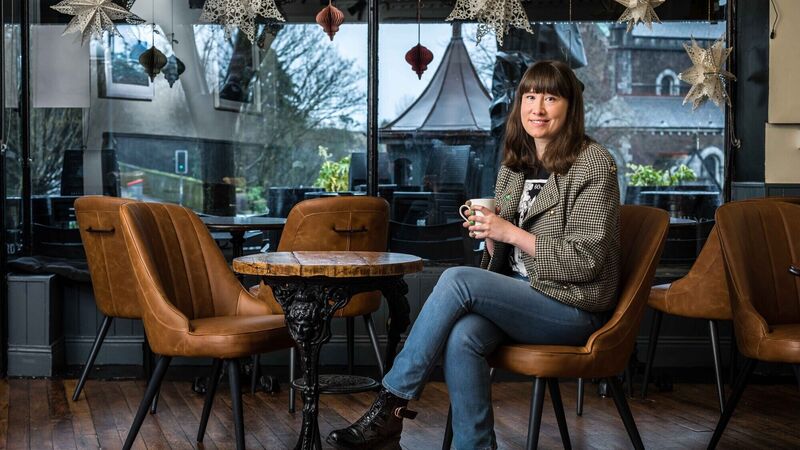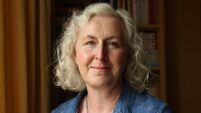Cork author Louise Hegarty on her first novel: ‘I’ve been training for this for 25 years’

Louise Hegarty in Henchy's Bar, St. Lukes. Picture: David Creedon
Living in Ireland, we get used to great books being produced by debut authors. But every now and then a debut comes along that stands out from the pack. This year that book is , the first novel by Cork author Louise Hegarty.
BOOKS & MORE
Check out our Books Hub where you will find the latest news, reviews, features, opinions and analysis on all things books from the Irish Examiner's team of specialist writers, columnists and contributors.







